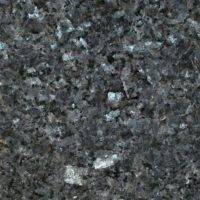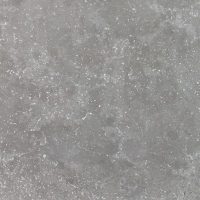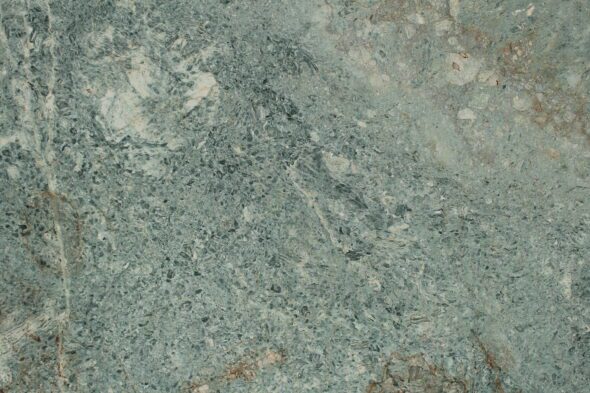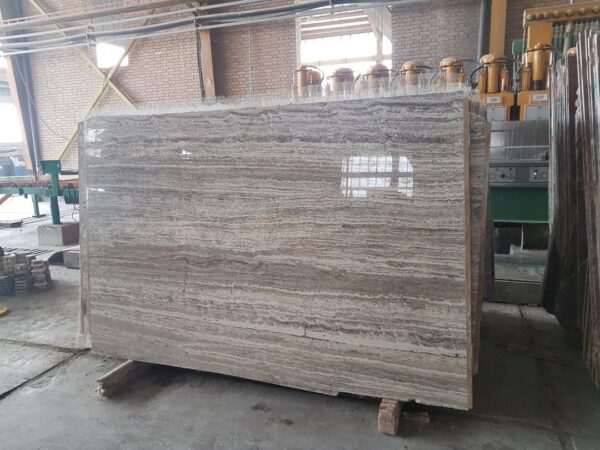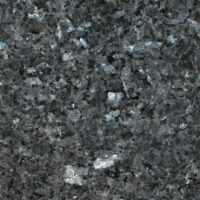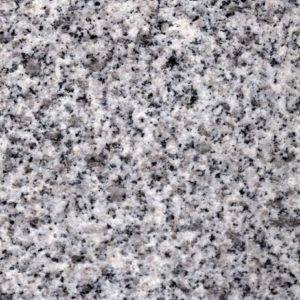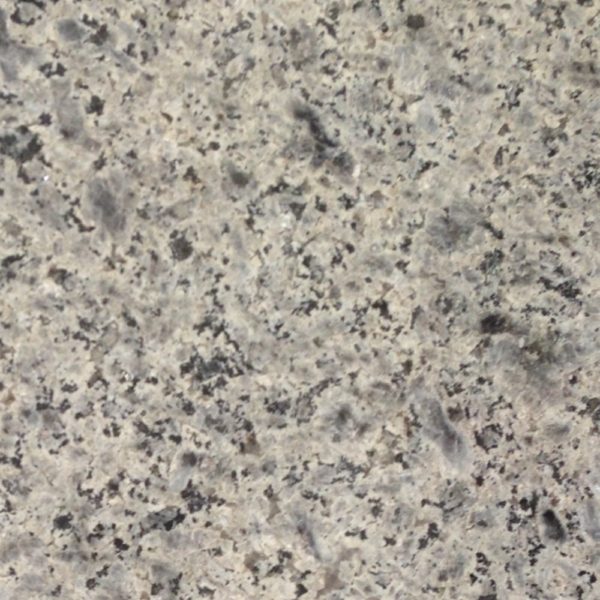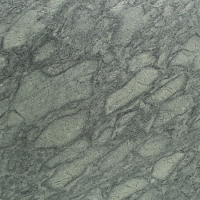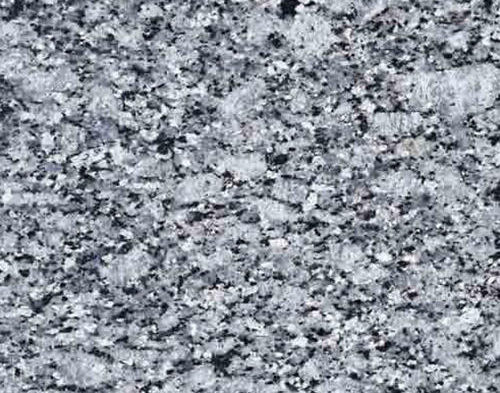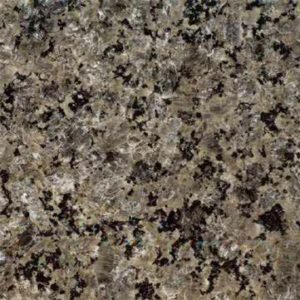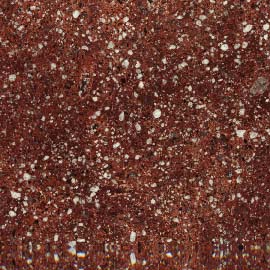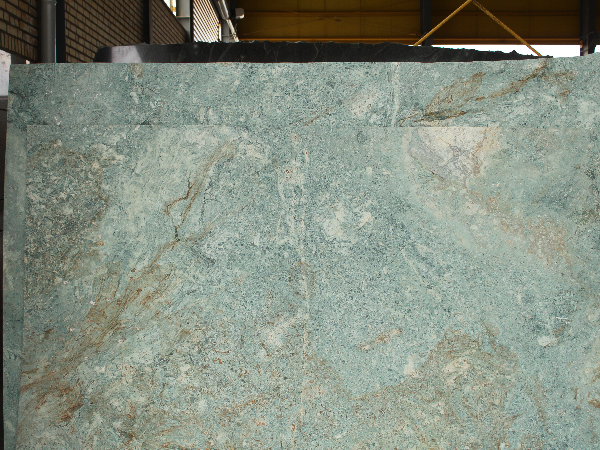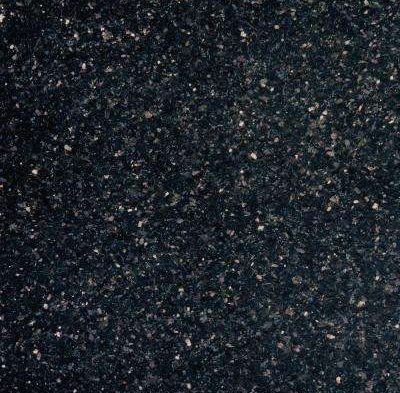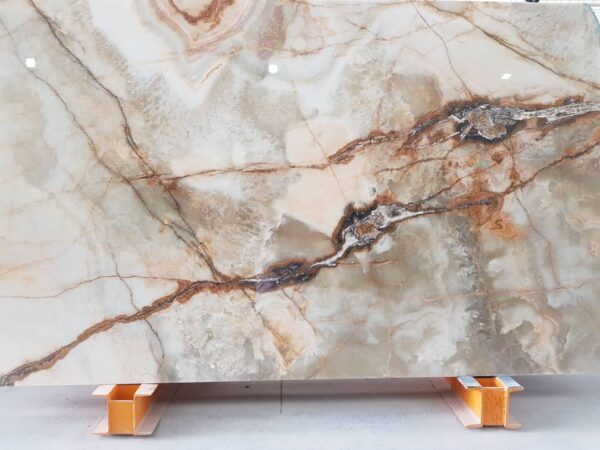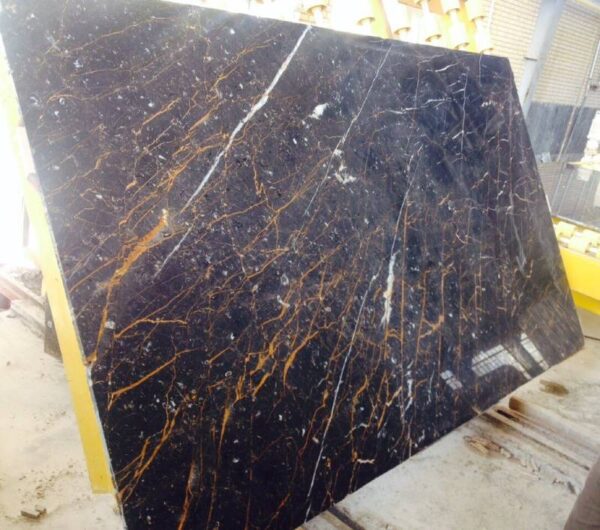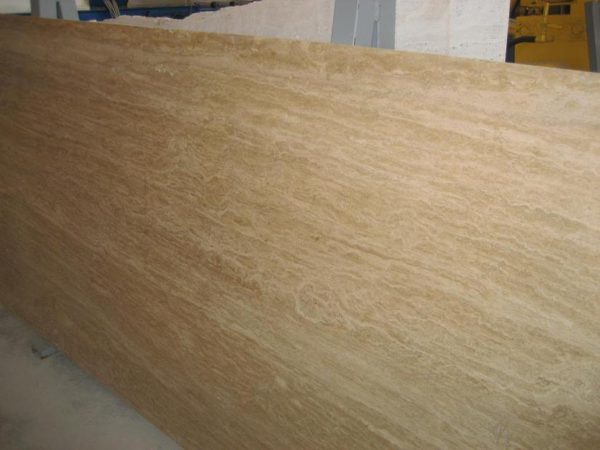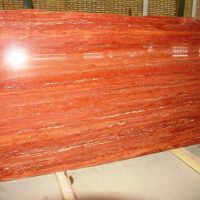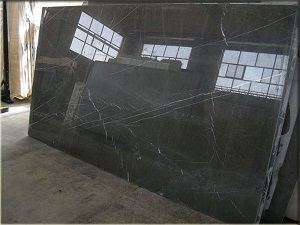Top Choices for Cold Climates
When building in cold climates, choosing the right materials is essential to ensure long-term durability, energy efficiency, and comfort. Natural stones are an excellent choice for cold weather due to their thermal mass properties, which help regulate indoor temperatures by absorbing and retaining heat. This article explores the best stones for cold weather and why they are perfect for use in regions that experience harsh winters.
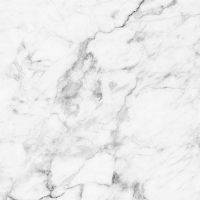

1. Granite: Durable and Heat-Retaining
Granite is one of the most popular stones for cold climates and for good reason. Its density allows it to absorb and retain heat, providing a natural source of warmth. This makes granite ideal for both interior and exterior applications, from countertops and floors to outdoor walkways and facades. Its resistance to freeze-thaw cycles makes it a durable choice for areas that experience extreme temperature changes.
Why Granite is Great for Cold Climates:
- Exceptional thermal mass that absorbs and retains heat.
- Resistant to cracking and damage from freezing temperatures.
- Available in a variety of colors and finishes to suit any design style.
Popular Granite Varieties:
- Black Granite
- White Granite
- Gray Granite
2. Limestone: A Soft and Insulating Stone
Limestone is another excellent choice for cold climates. It is a softer stone compared to granite, but its insulating properties help retain heat within the home. This stone is often used in flooring, facades, and even fireplaces, as its ability to absorb and release heat naturally creates a comfortable indoor environment. Limestone is also known for its attractive, neutral color palette, which complements various architectural styles.
Why Limestone is Perfect for Cold Weather:
- Provides insulation, helping to maintain a steady indoor temperature.
- Absorbs and retains heat, making it an ideal material for winter climates.
- Available in warm, earthy tones that create a cozy atmosphere.
Popular Limestone Varieties:
- French Beige Limestone
- Indiana Limestone
- Turkish Limestone
3. Slate: Freeze-Resistant and Aesthetic
Slate is a dense and non-porous stone, making it one of the best options for cold weather. It has excellent freeze-thaw resistance, meaning it won’t crack or deteriorate when exposed to freezing temperatures. Slate is commonly used for roofing, flooring, and wall cladding, as it holds up well in harsh conditions. Its dark colors and textured surface also make it an attractive material for modern and traditional designs.
Why Slate is Ideal for Cold Climates:
- Freeze-thaw resistant, ensuring long-term durability in cold weather.
- Holds heat effectively, contributing to warmth indoors.
- Available in various colors and finishes, offering a versatile design solution.
Popular Slate Varieties:
- Vermont Slate
- Welsh Slate
- Indian Black Slate
4. Sandstone: Weather-Resistant and Aesthetic
Sandstone is a great choice for cold weather, as it is highly durable and weather-resistant. Its ability to withstand freeze-thaw cycles makes it ideal for both indoor and outdoor applications in colder climates. Sandstone is commonly used for paving, exterior cladding, and landscaping, as its rich, earthy tones provide a natural look that blends well with cold-weather environments.
Why Sandstone is Great for Cold Weather:
- Highly durable and weather-resistant, perfect for outdoor applications.
- Its ability to handle freezing temperatures makes it a reliable material.
- Offers natural color variations that blend beautifully with snowy landscapes.
Popular Sandstone Varieties:
- Indian Red Sandstone
- Australian Sandstone
- British Yorkstone
5. Marble: Elegant and Insulating
While marble is often associated with luxury, it also performs well in cold climates. It has a high thermal mass, which helps regulate indoor temperatures, keeping homes warm in winter. Marble is commonly used for countertops, flooring, and decorative elements, as its timeless beauty and cool-to-the-touch surface can enhance any interior design. Its ability to hold and release heat makes it a functional and stylish choice for cold-weather applications.
Why Marble is Ideal for Cold Climates:
- Natural insulation properties that help regulate indoor temperatures.
- A timeless elegance that enhances the aesthetic value of any space.
- Available in a variety of colors and patterns, allowing for custom designs.
Popular Marble Varieties:
- Carrara Marble
- Calacatta Marble
- Emperador Marble

